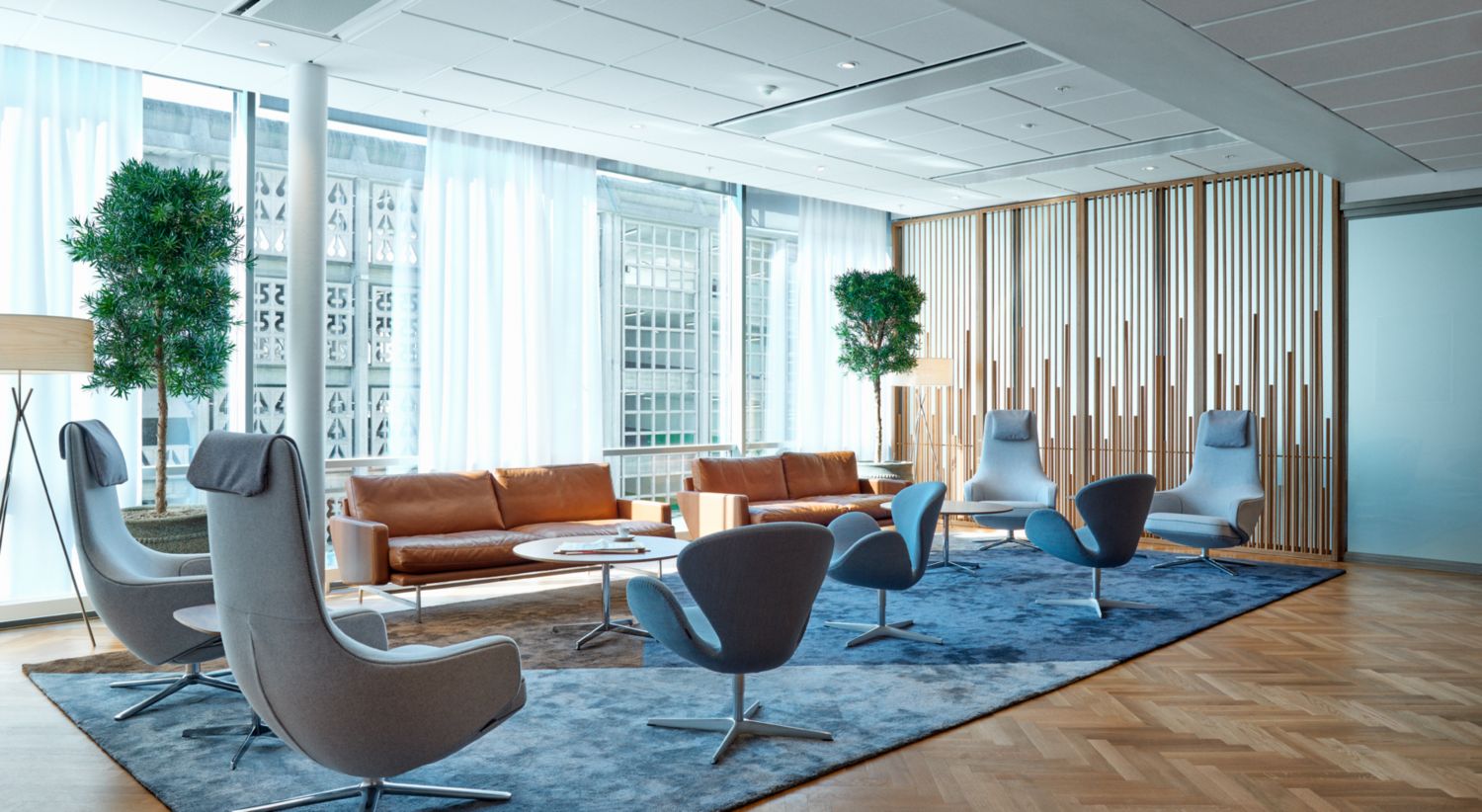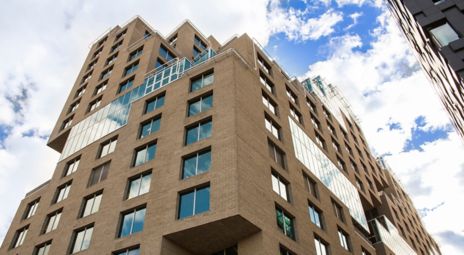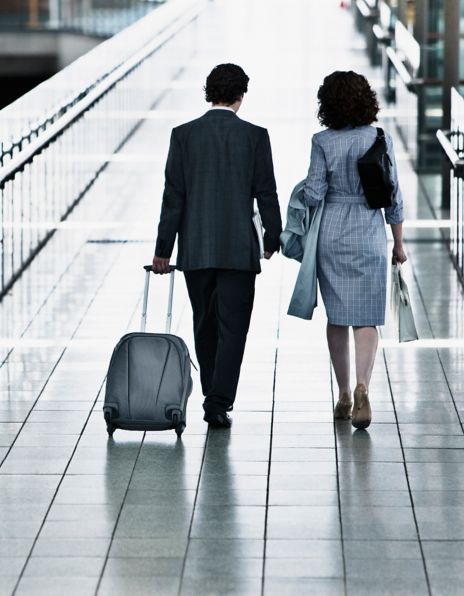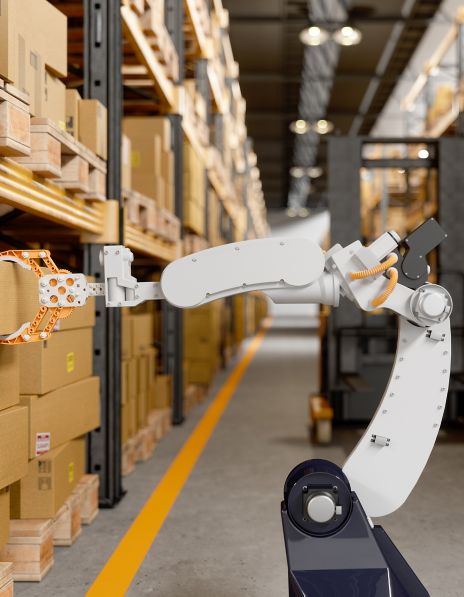Sustainability in our own business
DNB is committed to taking the climate and the environment into account through specific goals and measures for how we operate and manage daily operations, such as office buildings, transport and purchasing.

DNB’s sustainable sources of inspiration
The UN Sustainable Development Goals (SDGs) were adopted in 2015, and they form the world’s joint plan of initiatives to eradicate poverty, combat inequality and limit climate change by 2030. The plan consists of 17 goals, which in turn are divided into several sub-goals that address the key areas that need to be managed properly in order to achieve the overall goals.
For DNB, sustainability goals are an inspiration for working towards sustainability in our own business. Internally, we have identified a number of areas where we believe we can contribute towards sustainable development.
As part of the internal sustainability work, DNB was certified according to the environmental management system ISO 14001:2015 in 2014. The certification means that DNB has a system to minimise negative environmental impact in a structured and systematic way and requires us to continuously work on improving environmental performance.
We sign up to the ambitions of the Paris Agreement, and actively work with the goal of being a net zero-emission bank in 2050, both in the loan and investment portfolio, but also in our own operations. Our emissions from operations come from, among other things, energy use in buildings, employee travel and waste management.
Compensation for our own emissions
As a member of RE100, DNB has committed to ensuring that all of our electricity consumption comes from renewable energy sources.
DNB guarantees this through the purchase of guarantees of origin. We also buy carbon credits for all direct – and some of the indirect – emissions from our own operations.

Energy efficient buildings
DNB has been focused on reducing energy consumption at our properties for several years. To reduce energy consumption, DNB has set up an energy monitoring system to monitor consumption.
We have a dedicated team that monitors the buildings and implements energy-reducing measures. Efforts are ongoing, and we prepare annual action plans to help prioritise measures.
Energy consumption monitoring has led to over 20 per cent reduction in energy consumption per square metre over time.
Recycling
DNB’s premises have environmental stations with several units for sorting waste. We are actively working to minimise the production of waste and to sort as much as possible for recycling.
Over time, DNB has been working with Norsk Gjenvinning to optimise waste management and implement measures for increased recycling and increased filling degree of waste bins. This in turn leads to reduced transport requirements.

Travel
Travel can be a significant source of emissions, and is an area we think it’s important to focus on.
For several years, we have worked on reducing air travel. During the pandemic, air travel fell significantly and was replaced by electronic meetings. We learnt that this is often an excellent alternative to physical meetings, and we therefore want to continue working to change travel habits in the long term as well.
We do this through our travel guidelines. All employees should always consider whether the trip can be replaced by alternative means of communication. Employees should also always use public transport where appropriate.
We have also made it more possible to cycle to work by providing bicycle parking for employees.
Reduction of food waste and greenhouse gas emissions
DNB works with Sodexo to reduce food waste in the canteen and has set targets for food waste per guest in the canteens in Bjørvika and Solheimsviken. To focus on this, a digital registration system has been developed to provide an overview of daily food waste. The canteen also gives away surplus food to reduce food waste.
In the cafeterias in Bjørvika and Solheimsviken, the lunch dishes come with a climate calculation to give our guests the chance to choose more sustainably. The climate impact per lunch menu is indicated on the menu.
DNB also partners with Aion and Sodexo in Bjørvika to convert plastic waste from the kitchen into boxes for food that can be used for surplus food, for example.

Purchasing
We work systematically to reduce sustainability risk related to our purchasing.
On an annual basis, we buy goods and services from suppliers amounting to approx. NOK 10 billion, and so it is important that we follow up and set requirements for our suppliers with regard to corporate responsibility.
In accordance with our ethical guidelines for third parties our suppliers must, among other things, identify and manage significant environmental impacts. In addition, they must look for solutions that improve energy efficiency and minimise energy consumption and climate-related emissions.